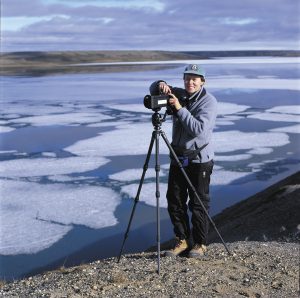
Environment
Discover Canada through Roberta Bondar’s camera lens
The former astronaut also happens to be an amazing photographer, and is using her talents to raise interest in Canada's wild spaces
- 735 words
- 3 minutes
Exploration
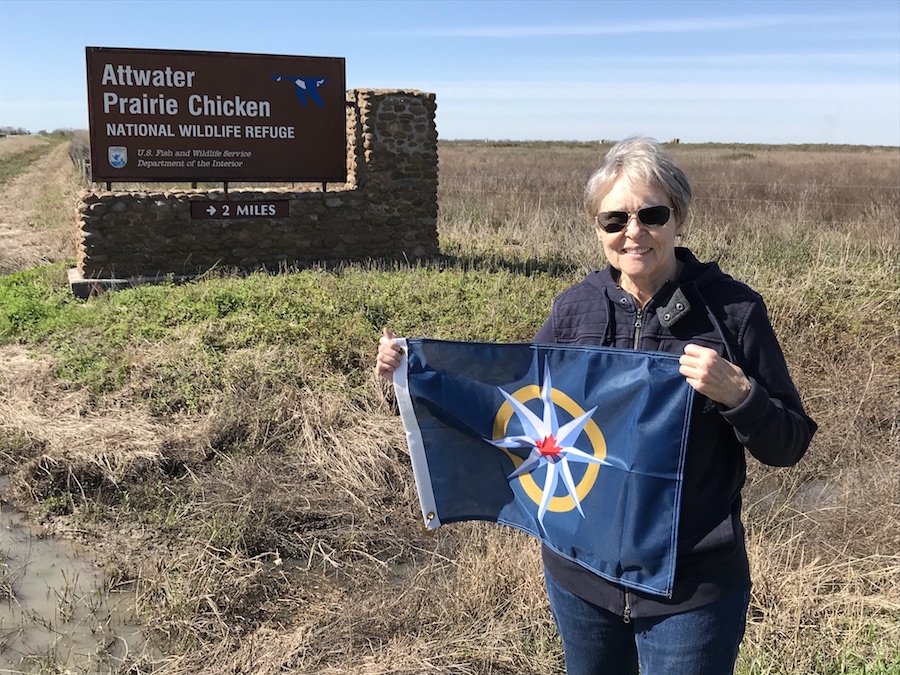
Despite poor weather in the early days of a February 2019 Roberta Bondar Foundation expedition, a vulnerable Sprague’s pipit was spotted in Attwater Prairie Chicken National Wildlife Refuge, Texas. The bird hadn’t been seen all winter in the region.
“We caught a glimpse of a solitary brown bird with white outer tail feathers … flying into the grasses near the front of our slowly moving vehicle,” a trip briefing from the Roberta Bondar Foundation reports. “We felt that it might be [a Sprague’s pipit], given the size, markings, leg colour, eye and behaviour. We became quite excited that we had really found one.”
The Friends of Attwater Prairie Chicken later confirmed the bird photographed by the foundation was in fact a Sprague’s pipit.
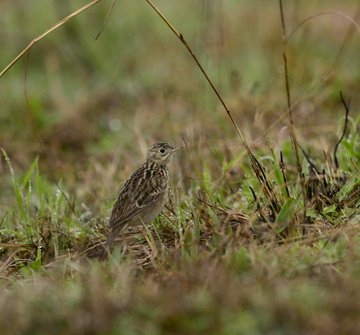
Since 1966, the number of Sprague’s pipits in the wild has declined by almost 80 per cent. If current rates of decline continue, it is estimated that another 50 per cent of their population will be decimated by 2043.
It wasn’t just the Sprague’s pipit the foundation was tracking down. The expedition, which ran from Feb. 10-17, 2019, aimed to contribute to the understanding and protection of the whooping crane, an endangered wetlands species.
After spotting the Sprague’s pipit, trips by both boat and helicopter were undertaken near Aransas, Texas to look for whooping cranes and analyze their migration patterns. Photographs were taken of multiple birds, including a few exhibiting territorial behaviour.
In August 2018, the Roberta Bondar Foundation conducted a similar expedition in the Northwest Territories.
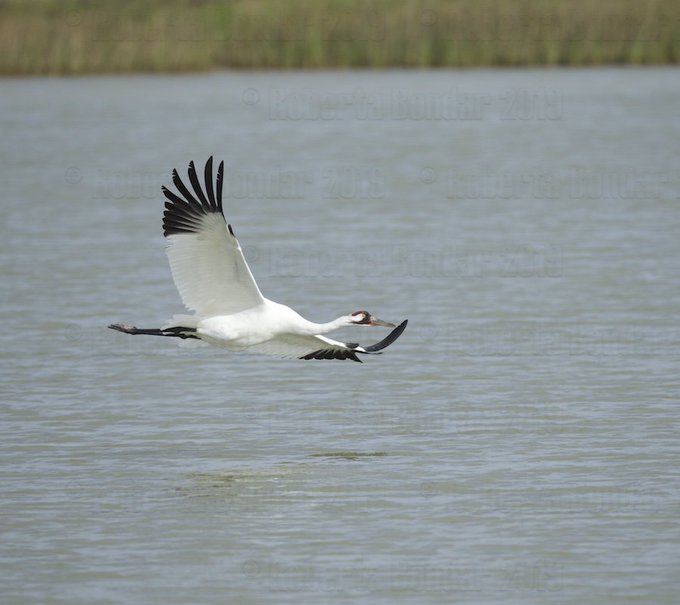
The expeditions were part of AMASS (Avian Migration Aerial Surface Space), which aims to educate the public on the importance of sustaining natural habitats by combining three different points of view that examine migratory pathways: surface, aerial and from space. The team was looking to raise awareness of the dangers that migratory birds such as the Sprague’s pipit and whooping crane face on their long journeys.
Are you passionate about Canadian geography?
You can support Canadian Geographic in 3 ways:

Environment
The former astronaut also happens to be an amazing photographer, and is using her talents to raise interest in Canada's wild spaces
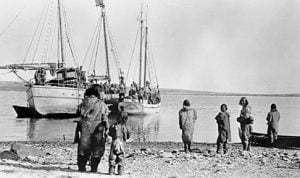
Exploration
A century after the start of the thrilling expedition that strengthened claims to Canadian sovereignty in the Arctic, the first Canadian Arctic Expedition remains a largely unknown part of the country’s history

Exploration
A behind-the-scenes look at the adventures and discoveries of the passionate explorers funded by the Royal Canadian Geographical Society
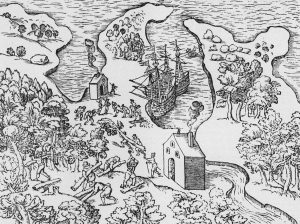
Exploration
Two hundred years before Franklin and 300 years before Amundsen, a daring Dane came closer to finding the Northwest Passage than anyone had before